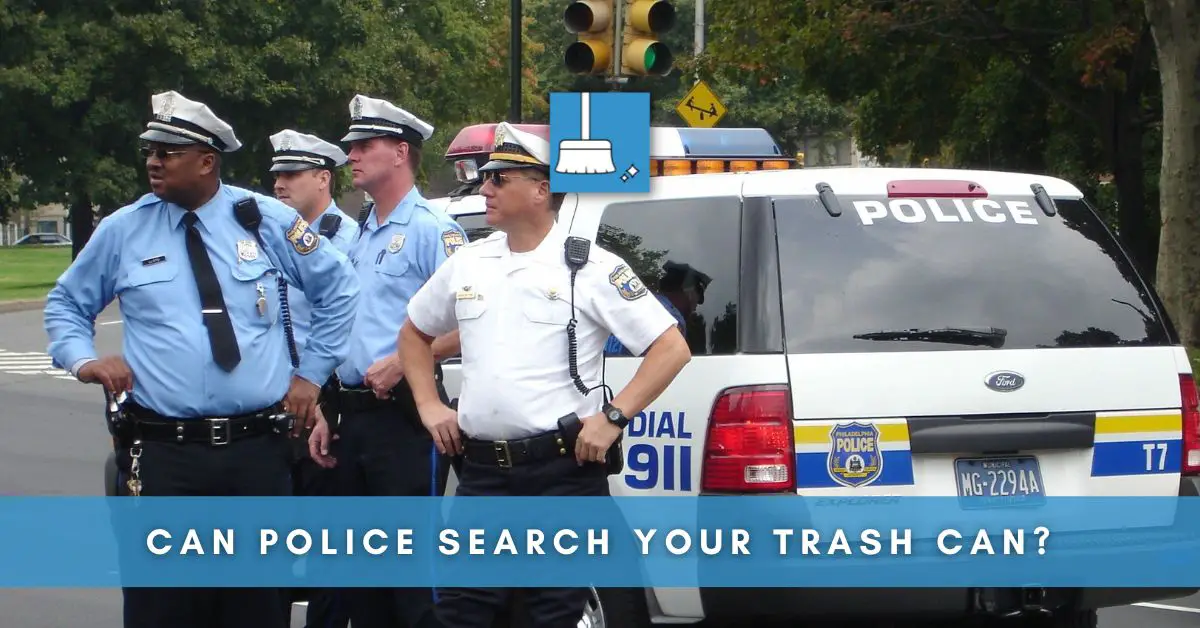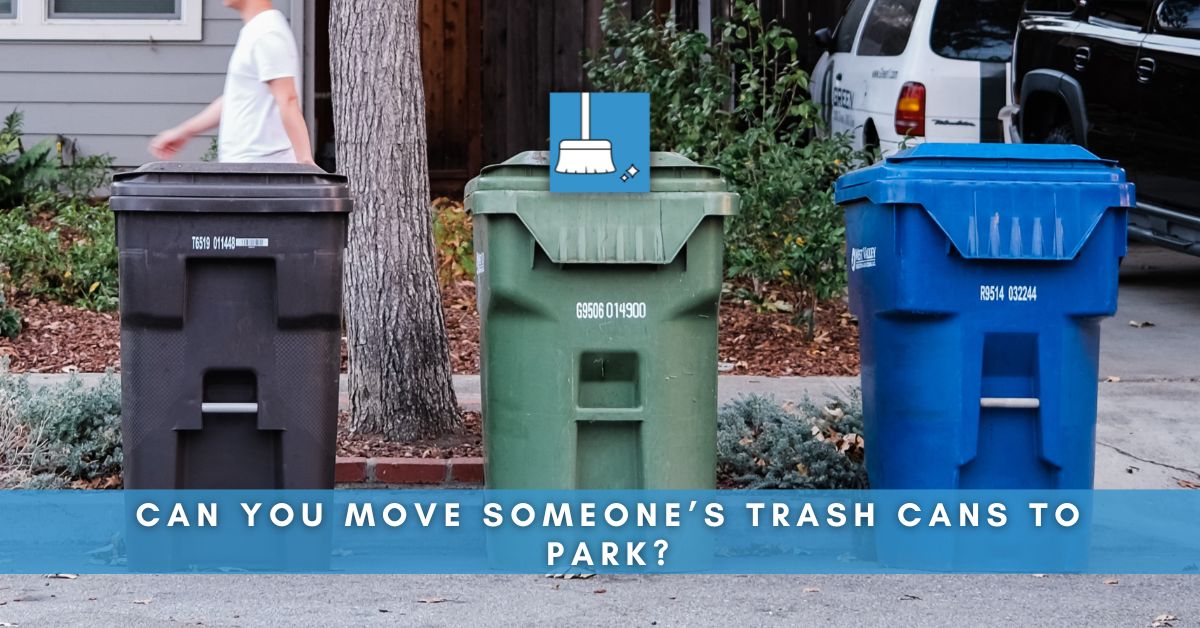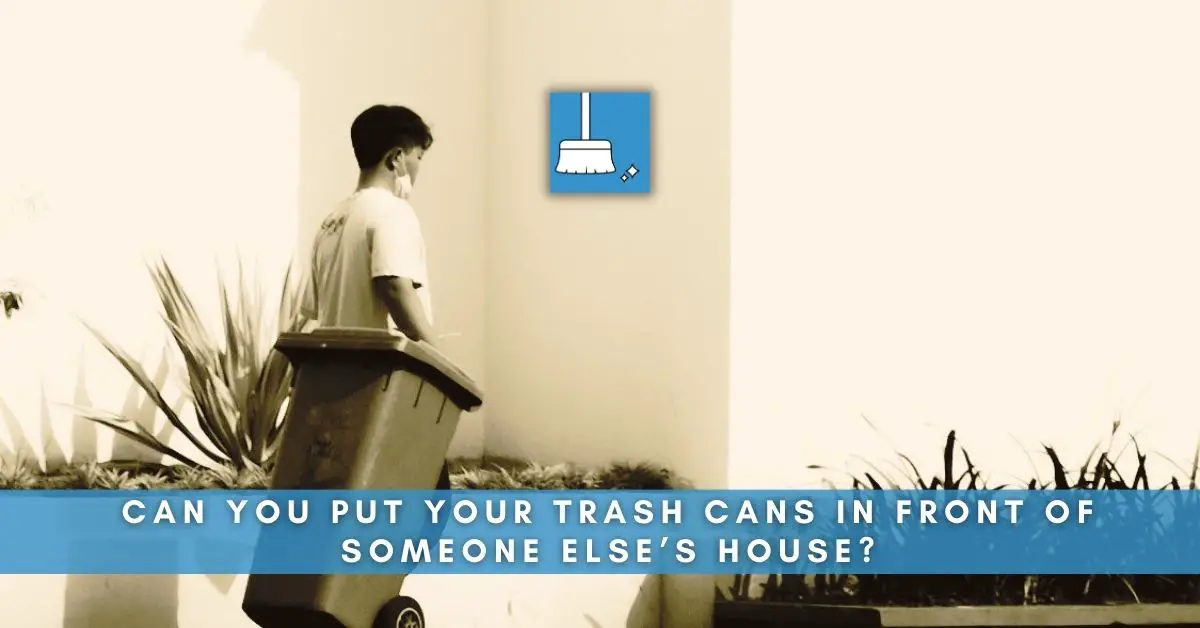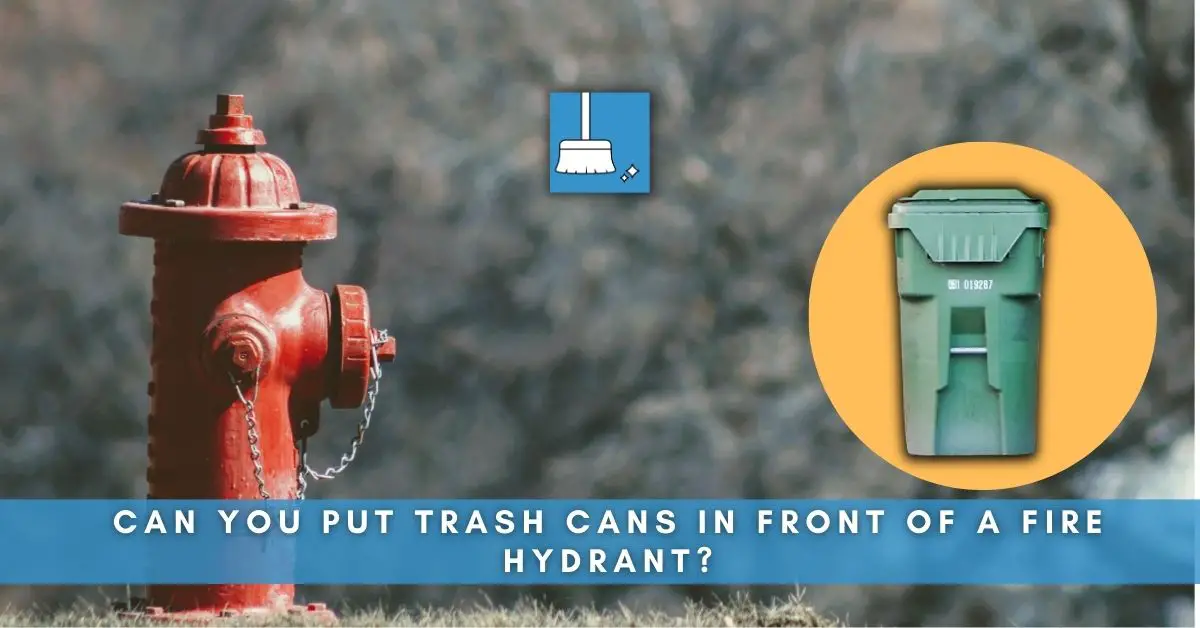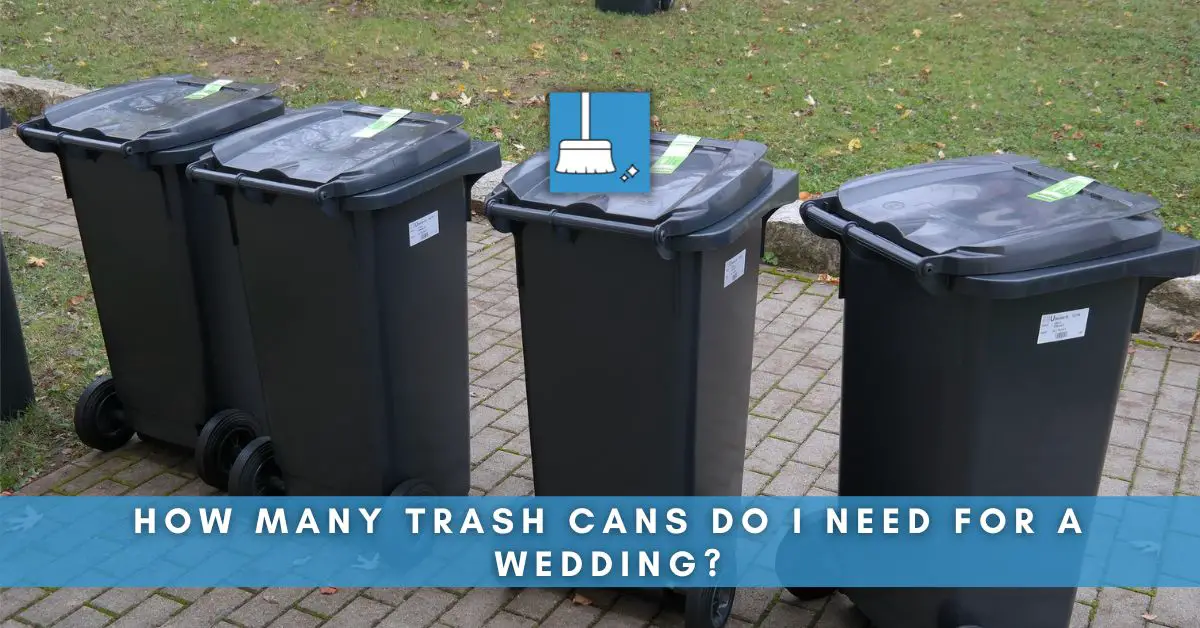In today’s digital era, privacy is a primary concern. As citizens, we often wonder, “Can the police search my trash can?” According to the Fourth Amendment of the US Constitution, people have the right to be secure in their persons, houses, papers, and effects, against unreasonable searches and seizures. However, does this protection extend to what we have discarded as trash which could be on public display?
The Fourth Amendment and privacy rights
The Fourth Amendment doesn’t specify privacy in trash cans, but in 1988, the Supreme Court case, California v. Greenwood, decided that an individual does not hold a reasonable expectation of privacy in their garbage.
Thus, the Fourth Amendment does not prevent law enforcement officers from searching and seizing an individual’s garbage.
However, the exact location of the garbage and the steps taken to ensure privacy might have a bearing on whether this search is protected.
Why do police search trash cans?
Law enforcement agencies, while hunting for evidence, may search trash cans for a variety of reasons.
The primary reason is to gather substantiating proofs linked to criminal activity, like drug paraphernalia, weapons, or written documents that could assist in proving a case. This evidence aids law enforcement in obtaining search warrants for additional examination.
The expectation of privacy is greatly reduced when it comes to trash bags set out in public places.
However, it’s always a good idea to be conscious of the type of sensitive information you are discarding.
California v. Greenwood case overview
Delving into the case of California v. Greenwood, it focuses on the actions of the police officers.
Due to insufficient evidence for obtaining a warrant to search a specific residence, they decided to examine the garbage bags that Greenwood had placed at the edge of the road for collection.
The items in the trash bags led to enough suspicion of narcotics use to obtain search warrants for the house.
The drugs found on the premises led to respondents’ arrest on felony narcotics charges.
The main finding of this case was that the court does not consider the search and confiscation of garbage left outside a house without a warrant to be a violation of the Fourth Amendment.
The court stated that because the individuals willingly left their trash for collection in an area where it can be easily inspected by the public, the belief they held that it was necessary to keep their privacy intact with the discarded items was not supported by objective reasoning.
While the boundary of privacy rights continues to be a subject of dispute, it is essential to be informed about respective rights and constraints, especially within public spaces.
Abandoned Property Doctrine
Understanding the complicated legalities of police searches can be daunting. An important facet is understanding the concept of the “Abandoned Property” doctrine.
Abandoned Property refers to items or belongings that an individual has intentionally relinquished with no expectation of recovering them.
The notion of abandonment is based on voluntary renunciation of the property, and this intent is gauged by the person’s words and actions. The property could be anything – from items intentionally left in a public place to discarded items.
How does it apply to trash can searches?
When it comes to police searches, the abandoned property doctrine raises interesting questions. For instance, can the police search your trash can once it’s placed at the curb for collection?
The answer is a surprising ‘yes.’ When you take your trash to the curb, it is seen as an act of giving up your privacy interest in that property.
As such, according to the doctrine of abandoned property, it becomes publicly accessible. Therefore, from a legal perspective, police can search your curbside trash without a warrant.
Always remember, when items are discarded carefully as a result of police scrutiny, the abandonments’ voluntariness may be contested, often depending on whether police conduct was deemed legal or not.
So when it comes to discarding items, we should think twice about our privacy and what constitutes “abandoned property.”
Expectation of Privacy
Another crucial factor that determines whether or not the police can search your trash is your reasonable expectation of privacy.
This expectation is influenced by several factors, including the location of the trash.
If your garbage is inside the home or within the property boundaries—areas regarded as “curtilage”—the law protects it from unwarranted police searches.
This is because individuals have a reasonable expectation of privacy in their homes and surrounding areas.
However, the scenario changes once your trash is moved to a public area for collection.
Public vs. private areas for trash disposal
The police, therefore, do not need a warrant to search through trash left in public spaces, such as the curb. The catch here is, if the police or anyone else, including the garbage collector, can access your trash, so can the police.
Instances where someone other than the resident moves the trash can to a public space, perhaps as a favor, could potentially complicate matters. But the general rule holds – once the trash is within public reach, it’s fair game for searching.
Understanding this nuanced aspect of law helps ensure that citizens maintain their privacy rights while simultaneously allowing law enforcement to carry out their duties efficiently.
When do police need a search warrant?
As already discussed, if the police desire to search any personal property placed securely within your home or property boundaries – including your trash or garbage bins – they are required, by law, to have a search warrant.
This warrant, serving as a documented permission from a court of law and backed by probable cause, justifies the search of the particular item or place for a specific legal purpose.
This need for a warrant is most strict when the search involves the invasion of privacy – for example, rifling through a person’s garbage or trash inside their home.
Exceptions to the warrant requirement
There are a few exceptions to this rule. According to the American legal system, if a person does not hold a reasonable expectation of privacy for their trash – for instance, when placed on a curb for disposal – the police may conduct a search without needing a warrant.
This scenario is often referenced as garbage being “readily accessible to the public”.
Still, this rule does not fully protect police from legal scrutiny – if they perform a search and seizure on a sidewalk without probable cause or a related justification, their actions can be disputed in court.
Finally, always be mindful of what you are disposing of in your trash, as it may contain items or information of potential interest to law enforcement. Should you encounter an unexpectedly tricky legal situation involving trash searches, seek immediate assistance from a trusted legal professional or advisor.
References
https://www.owmlaw.com/blog/2022/04/can-the-police-search-my-trash-without-a-warrant/
https://esfandilawfirm.com/police-search-your-trash-without-consent/
https://supreme.justia.com/cases/federal/us/486/35/
https://www.rothdavies.com/criminal-defense/frequently-asked-questions-about-criminal-defense/searches/can-the-police-search-your-trash-if-left-by-the-curb/
https://www.escobarlaw.com/blog/2023/02/is-it-legal-for-the-police-to-search-your-trash-in-florida/
https://www.tampacriminalattorneys.com/criminal-defense-blog/2020/february/can-police-search-your-trash-/

